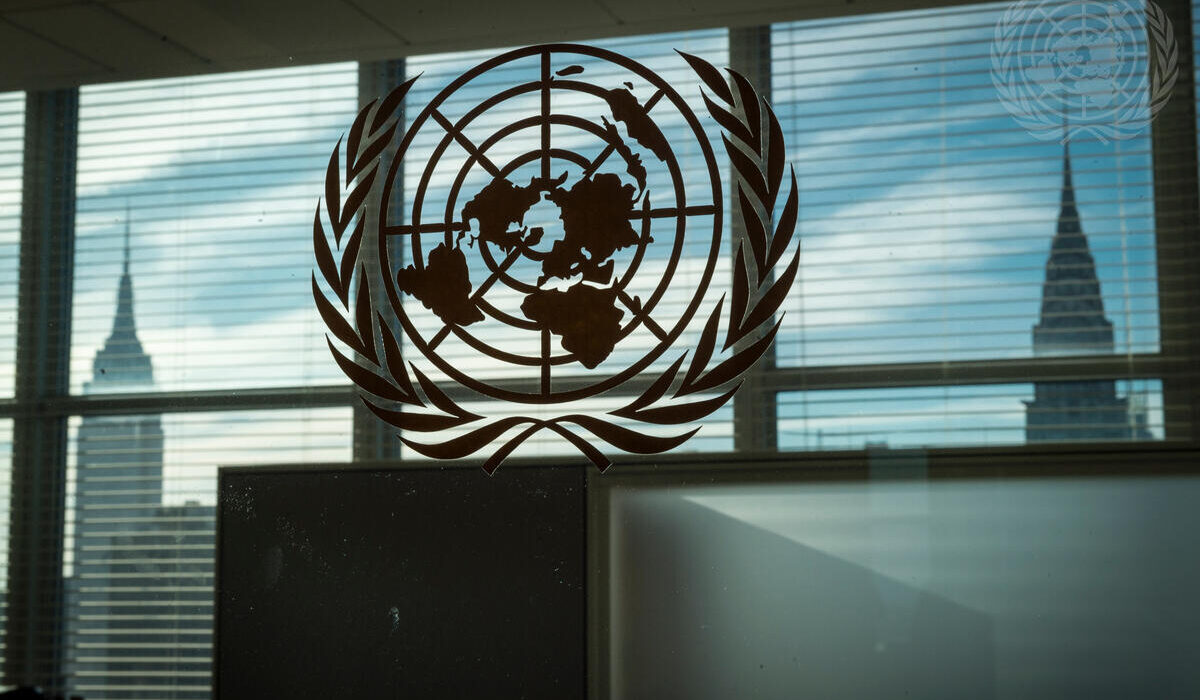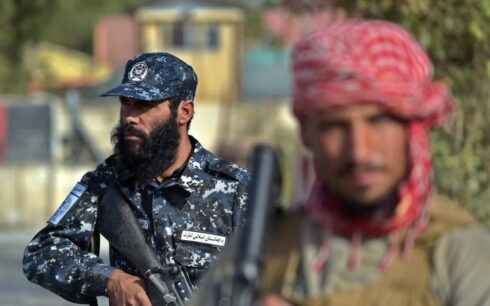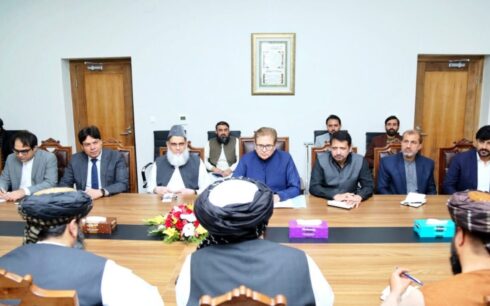The United Nations will continue to engage with all parties in Afghanistan, including the Taliban, while advocating for human rights and equality, a U.N. spokesperson said on Friday.
This comes as Taliban rejected U.N. criticism of a newly enacted strict morality law and threatened to cease cooperation with the U.N. Assistance Mission in Afghanistan (UNAMA).
Earlier in the day, the Taliban reportedly announced that they would no longer cooperate with UNAMA following the mission’s condemnation of the new law, which it described as a “distressing vision” for Afghanistan’s future.
“We have been very vocal about the decision to further erase women’s presence in Afghanistan,” U.N. spokesperson Stéphane Dujarric said during a press briefing in New York. He emphasized that the organization would “continue to engage with all stakeholders in Afghanistan, including the Taliban,” in accordance with its mandate from the Security Council.
Dujarric underscored that the U.N.’s work in Afghanistan is guided by its principles of impartiality, good faith, and a steadfast commitment to human rights and equality. He also urged the Taliban to “open more avenues for diplomatic engagement.”
The “Law on the Promotion of Virtue and the Prevention of Vice,” adopted last week, has drawn widespread condemnation from the international community. The law imposes a series of repressive measures, including requirements for women to cover their entire bodies, bans on women’s voices being heard in public, and further restrictions on their movement without a male relative. Men are also subject to strict rules, such as mandatory beard growth and prohibitions on playing music while driving. Media outlets face severe restrictions, including bans on publishing images of people.
The law grants state officials broad powers to detain and punish individuals for alleged moral crimes, often based on suspicion without any need for evidence or due process.
U.N. human rights experts have warned that the law represents a significant regression in human rights in Afghanistan, reminiscent of the Taliban’s rule in the 1990s. “These measures are disturbingly similar to the Taliban’s draconian rule in the 1990s and provide further evidence that the group has not moderated its approach since its return to power,” the experts said.
The experts have called on international actors, particularly U.N. Member States, to develop a coordinated strategy on Afghanistan that prioritizes human rights, with a focus on women’s rights and gender equality. These independent experts, appointed by the Geneva-based Human Rights Council, are tasked with monitoring and reporting on specific human rights issues and do not receive a salary from the U.N.
Despite the Taliban’s threats, the U.N. remains committed to its mission in Afghanistan, continuing its work under challenging circumstances to advocate for the rights and dignity of all Afghans.





